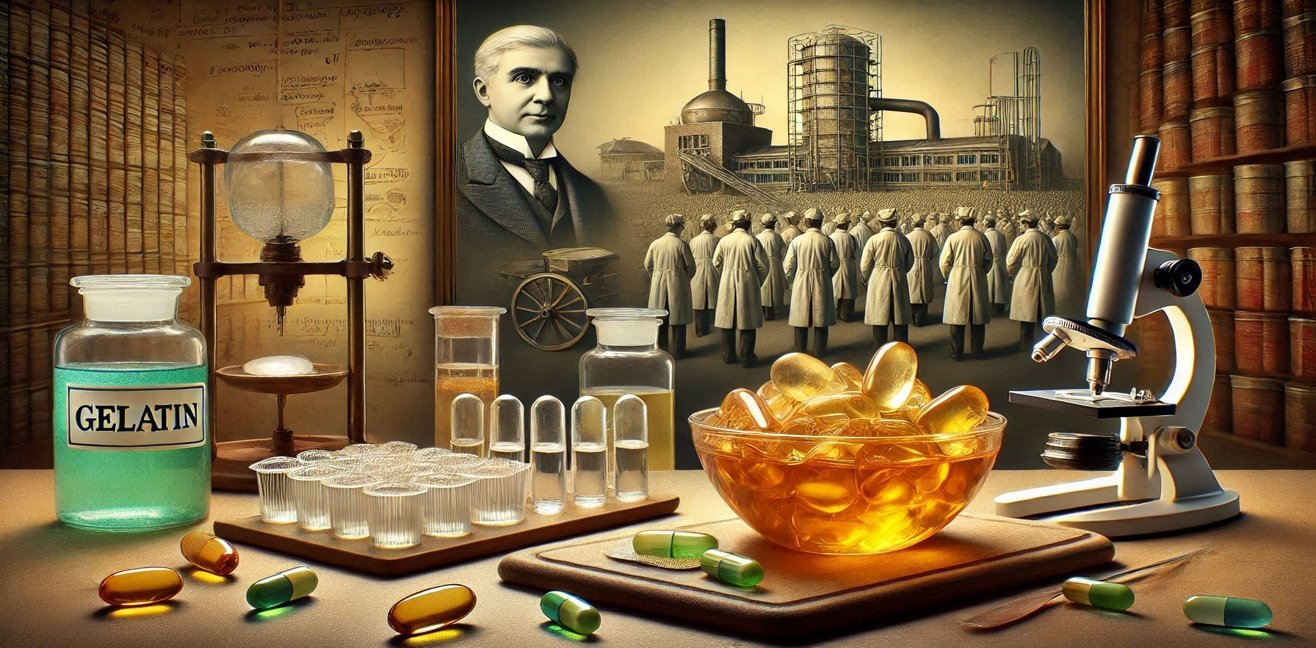Soap has become an indispensable part of cleanliness throughout human history. This cleaning tool, widely used today, actually has a history spanning thousands of years. The invention of soap marked an important step in humanity’s development of hygiene and health. So, how was soap invented, and how has it evolved over time?
The Origins of Soap
The origins of soap date back to the ancient Sumerians in Mesopotamia around 2800 BCE. During this period, the Sumerians used sodium carbonate and oils in soap production. Similarly, the ancient Egyptians also produced soap-like cleaning substances.
The Ancient Greek and Roman Periods
During the Ancient Greek and Roman periods, soap became more widely used. The Romans used olive oil and ash in soap production. As the Roman Empire expanded, the use of soap spread to various parts of Europe.
The Middle Ages and the Renaissance
Throughout the Middle Ages, soap production and usage declined in Europe. However, during the Renaissance, the popularity of soap began to rise again. More sophisticated soap formulas were developed, and soap workshops were established.
The Industrial Revolution and Modern Soap Production
In the mid-19th century, soap production was largely industrialized with the Industrial Revolution. The use of chemical substances made soap production more efficient, enabling soap to become a more widespread and economical cleaning tool.
Soap Use Today
Today, soap is an essential part of daily life. Various types of soap are used for both personal hygiene and household cleaning. Antibacterial, fragrant, liquid, solid, and organic soaps are available to meet the needs and preferences of users.
Conclusion
The invention of soap has played a crucial role in the development of cleanliness and hygiene. With its thousands of years of history, soap has become a tool that improves human living standards and protects health. Today, soap continues to play a critical role in maintaining cleanliness and hygiene.




